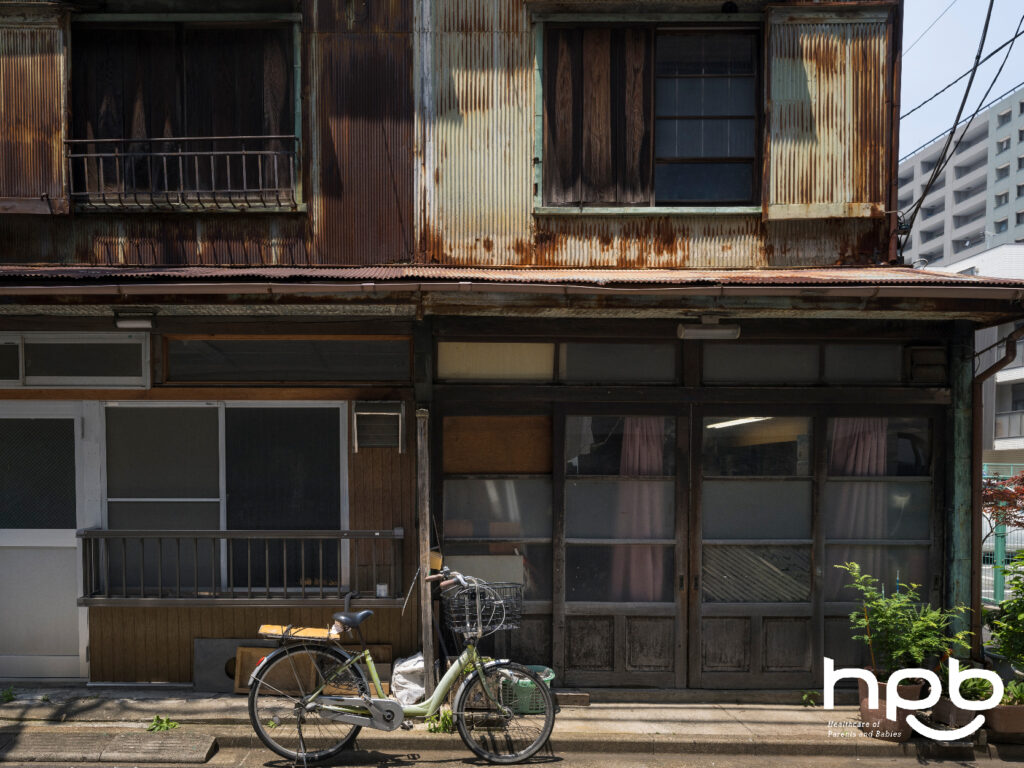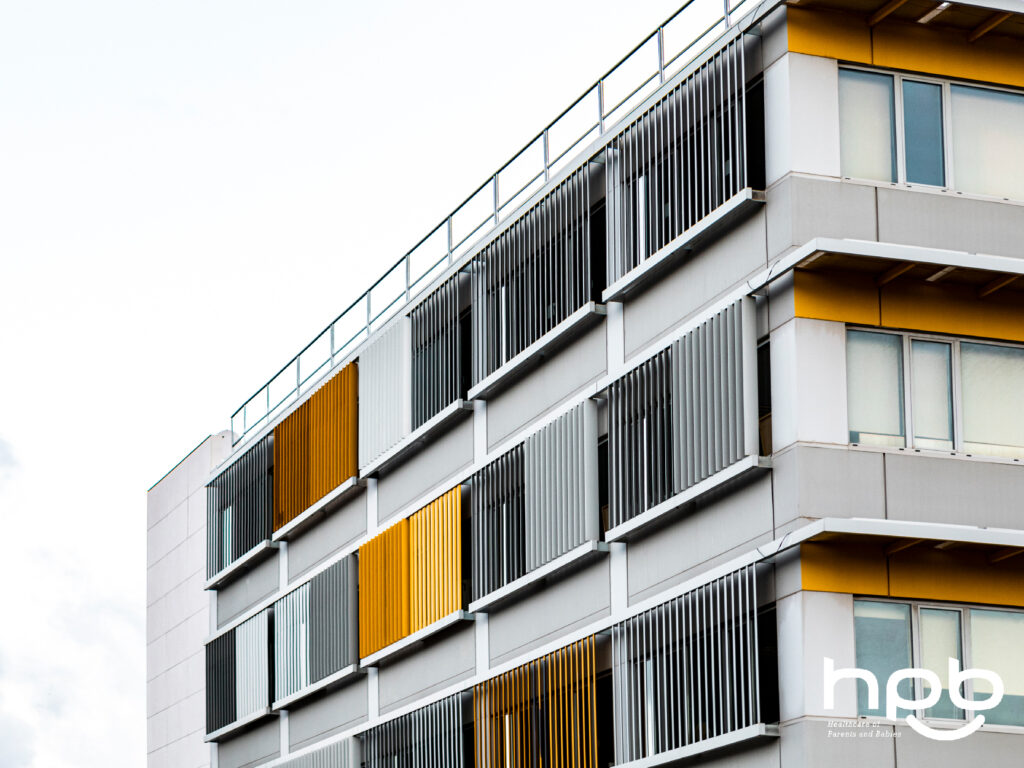Living in an old apartment building without an elevator can be like being imprisoned for elderly individuals with limited mobility, as they must go up and down stairs to enter and leave their homes. To improve the living conditions of seniors, several local governments, including Taipei City, New Taipei City, and Kaohsiung City, have launched a program to relocate elderly residents to social housing buildings with elevators while keeping their original property. The government will take over the management of the old apartment buildings without elevators, allowing seniors to enjoy a better quality of life without increasing their economic burden.
However, despite the good intentions behind the policy, the public’s response has been lower than expected. In Taipei City, which was the first among the six major cities in Taiwan to enter a super-aging society, over 50% of the apartment buildings over 30 years old do not have elevators. Since the trial of the elderly relocation program was launched on April 1, 2022, there have been only eight applicants as of February 2023. Why Do Elderly Residents Prefer to Stay in Old Apartments Rather Than Move to Social Housing Buildings with Elevators?
Elderly Voices and Scholarly Analysis: Rather Than Moving to a New Neighborhood and Facing a 12-Year Limit, Some Prefer Staying in Their Old Apartments.
Shilin District in Taipei City is one of the administrative districts with the largest elderly population in the city. Mr. Lin, 65, lives in a fifth-floor apartment in Shilin. He says that his wife finds it difficult to go downstairs, so he takes care of the daily shopping himself. Another resident in the same district, Grandma Chen, 86, also finds it inconvenient to go up and down stairs, but she still goes out at least once a day to take a walk in the park with the help of a caregiver. When asked by a reporter in Shilin District, the neighborhood chief and several residents said that they had not heard of Taipei City’s “Elderly Relocation Program.” Even after the reporter explained it to them, the interviewees expressed a lack of willingness to relocate.
Real estate expert and retired professor of land economics at National Chengchi University, Chang Chin-o, believes that exchanging homes is indeed one feasible way to solve the “dual aging and housing” problem. However, the elderly are not easily able to change their habitual living circle, and if the policy is only announced online, the public’s knowledge and willingness to apply will naturally be limited.
He believes that policies should have comprehensive supporting measures, such as having social workers and elderly people explain the benefits of exchanging homes and the assistance that can be provided. “Otherwise, the mindset of the elderly is often ‘it’s better to have one less thing to worry about,’ even though living in a non-elevator apartment is very inconvenient, they still have to make do with it.”
In addition, Chang Chin-o also pointed out that the more urgent problem is that the current announcement lease period for social housing is six years, and the elderly are special status people. Although they have the opportunity to extend their residence time to 12 years, they still need to move out when the lease expires, which cannot fundamentally guarantee the housing rights of the elderly. He believes that if the exchange housing policy is considered as a supporting method before urban renewal, and if the elderly feel a sense of sustainable security, it may have a greater chance of success.

“Silver-green housing exchange plan” to be launched in 2023, how to improve the well-intentioned policy of elderly housing exchange?
Yang Shao-yu, the deputy director of engineering at the Taipei City Department of Urban Development, is in charge of implementing the social housing plan for elderly housing exchange. She pointed out that social housing has complete functions and relatively affordable rents. For example, the monthly rent for a 24-ping, one-bedroom apartment in the Hangshan social housing in Neihu is NT$18,600, which is about 50-80% of the rent for similar properties on the market. There are also many silver-green interactive activities in the social housing, such as aerobic exercise, table tennis classes, rooftop gardens, etc., which can improve the quality of life for the elderly.
Since the launch of Taipei City’s elderly housing exchange policy in 2022, there have been two successful matching cases, and the earliest move-in date will be March 2023 for the Hangshan social housing in Neihu. One is a female volunteer in the Taipei City government who applied after seeing the message, and the other is an elderly person living alone who was introduced by a social worker in the Social Welfare Bureau.
Yang Shao-yu pointed out that these two seniors are more open-minded and originally lived in Neihu, so their living circle did not change much after moving into the social housing, and their willingness to exchange housing has also increased. “Most of the elderly do not want to live too far away from home and at least want to live in the same administrative district.”
After nearly a year of trial and integration of various opinions, Taipei City launched the “Silver-Green Housing Exchange Plan” in early 2023. In addition to the original social housing in Neihu and Wanhua, the Dongming social housing in Nangang District has also been added as a target for housing exchange. Yang Shao-yu stated that a certain number of rooms for the elderly housing exchange will be reserved in the social housing completed by Taipei City in the future. The ultimate goal is to have social housing available for housing exchange in every administrative district.
As for the issue of the length of stay in social housing that the public is most concerned about, Yang Shao-yu pointed out that currently, there is an insufficient number of social housing, and in order to consider the interests of various groups, the longest rental period cannot exceed 12 years. However, before the elderly return to their original residence, the city government will invite a cross-departmental team for space improvement evaluation. The Urban Renewal Office will also invite professional teams to discuss with apartment residents to assist in integrating opinions and evaluate the possibility of installing elevators or stair lifts.
In addition, some elderly people have reported that most social housing units are one-bedroom apartments, which do not allow them to live with their families. Yang Shao-yu stated that the Taipei City government’s silver-green housing exchange plan for this year (2023) has released options for two to three-bedroom apartments, allowing children or caregivers to live with the elderly. The policy will continue to be adjusted in a rolling manner, hoping to allow more elderly people to take the first step in leaving their inconvenient old homes and making changes.

